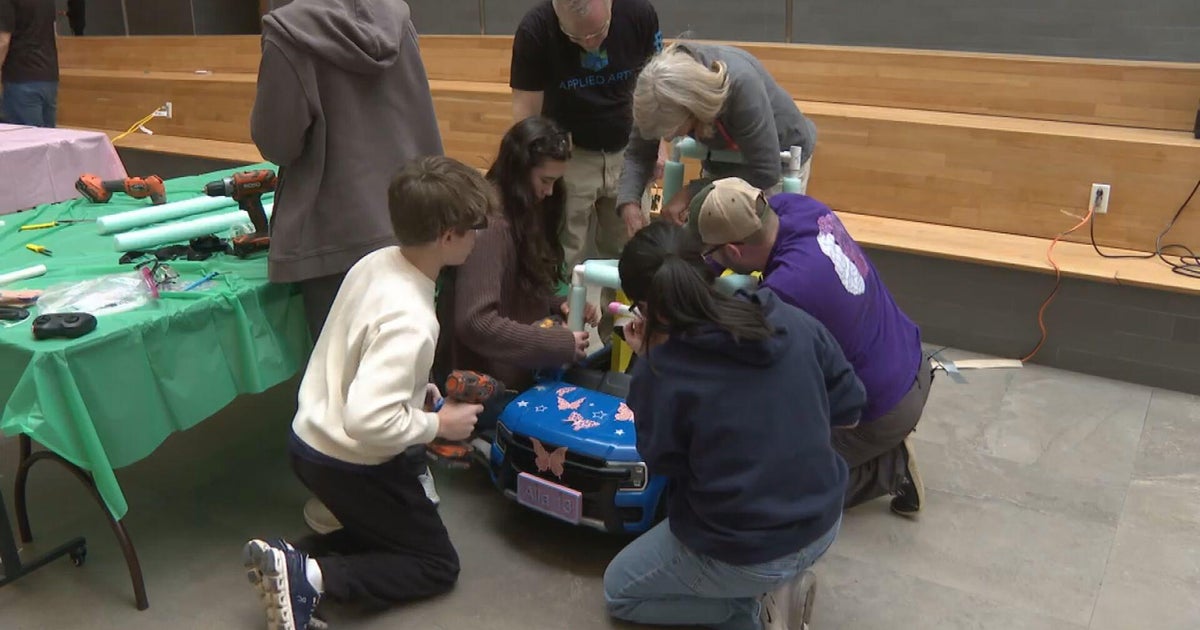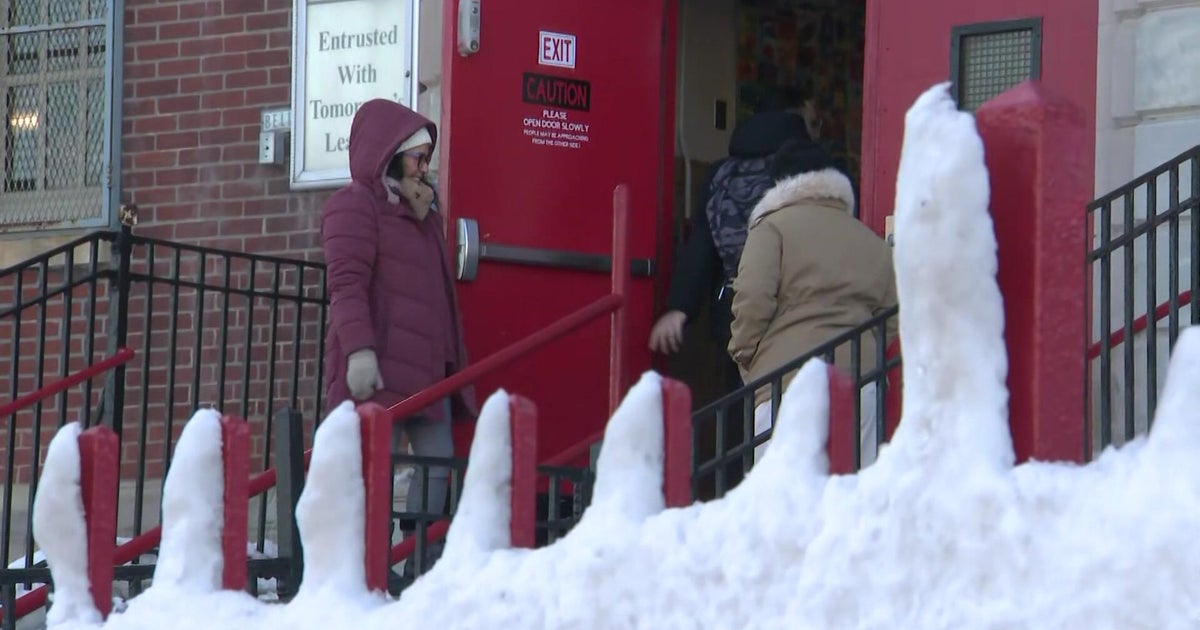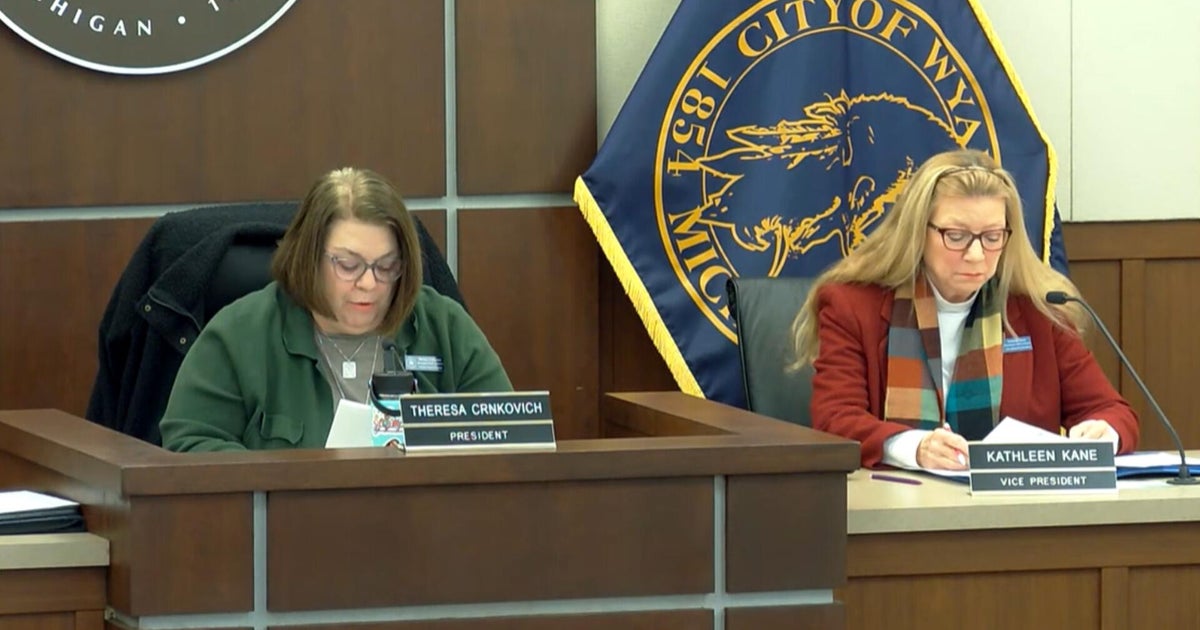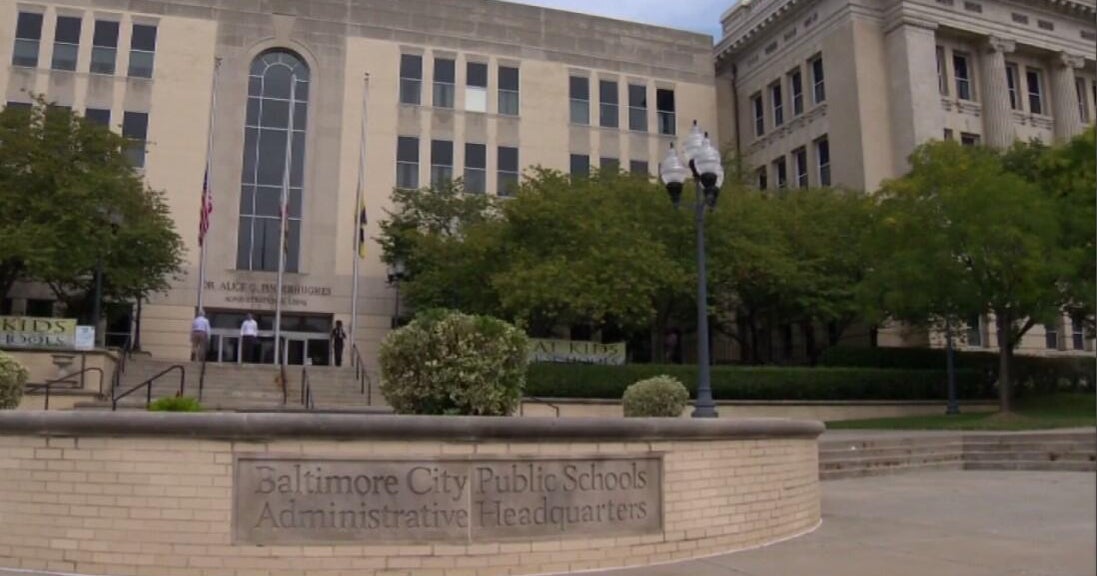Dayton: More Must Be Done To Keep Kids In School
BROOKLYN PARK, Minn. (AP) — After spending the last year focused on improving the financial stability of Minnesota public schools, Gov. Mark Dayton shifted the conversation Tuesday to boosting graduation rates and reading proficiency for younger learners.
Dayton challenged a roomful of school superintendents to recommend ways to make sure children obtain a diploma and, ideally, spring ahead to college in a society that places an increasing premium on both. Dayton's speech offered no concrete proposals, but said the objectives would guide future education debates.
"It is clear education is going to be the great divide between those who are successful and take advantage of all the opportunities in terms of employment, in terms of standard of living, in terms of what you can do all over the world now," Dayton said, "and those who don't are going to be consigned to less earnings and menial task and dead-end jobs."
He cited statistics showing those with a college degree earning double that of someone with only a high school diploma and three times more over their lifetime than a high school dropout.
In Minnesota, slightly more than three-quarters of students graduate high school within four years. The figures are lower among ethnic minorities.
The Democratic governor said the path to education success is set early. Children unable to read at grade level midway through elementary school can become disengaged and fall further behind. To that end, he stressed new state financial commitments to preschool and all-day kindergarten in the recently passed budget.
One superintendent, Dennis Carlson of the Anoka-Hennepin School District, said the state could encourage more children to aspire to a college degree by reducing barriers to earning postsecondary credits while still in high school. Carlson said class-size restrictions on the so-called "college in the schools" programs leave some students out.
"There are rules in place that are not conducive for us to give college credit in high school," Carlson said.
Dayton entered the room to a sustained standing ovation and won more applause upon mention of a significant education funding boost he and the Legislature authorized this spring. More than $485 million in new money over the next two years is bound for public schools and early childhood programs, including allowances that will fully pay for all-day kindergarten starting in the 2014-15 school year.
The Legislature also gave more latitude to districts that have struggled to get voter approval for local operating levies. They will be able to raise property taxes through a school board vote rather than a referendum. The state will offset some of the local levies, too.
North Branch superintendent Deb Henton plans to ask her school board on Wednesday to adopt a levy amounting to $512 per pupil, which she said would turn the discussion in her district from what cuts are needed to balance the budget into what can be added back after a decade-long financial squeeze.
In that time, the district has cut activities such as band, seen elementary class sizes exceed 30 kids and gone to a four-day school week. The extra $3 million money would help bring back the extra day, she said.
"We're on our fourth year of (a four-day week) and we're one of the biggest districts of the nation on it," Henton said.
In Elk River, which is home to 13,000 students, a levy failed at the ballot box last year. Superintendent Mark Bezek said he has trimmed administrative costs and teacher ranks in recent years to balance his $130 million annual budget.
Now that lawmakers have come through with more school aid than anticipated, his district is less likely to ask voters to raise property taxes. Bezek said passing a levy would be challenging given the infusion of state money.
"The perception is that all this new money came in," Bezek said, adding, "I highly doubt we're going to go out (to voters) this fall."
Dayton promised the school chiefs he would look next year to address state requirements that don't come with adequate state funding. He highlighted a new teacher assessment program as one area where schools are being unfairly asked to shoulder a financial burden to meet a state objective.
With the Legislature considering a new anti-bullying requirement for school districts, Dayton said he will insist on a balance between student safety and not burying schools in paperwork requirements.
(© Copyright 2013 The Associated Press. All Rights Reserved. This material may not be published, broadcast, rewritten or redistributed.)







